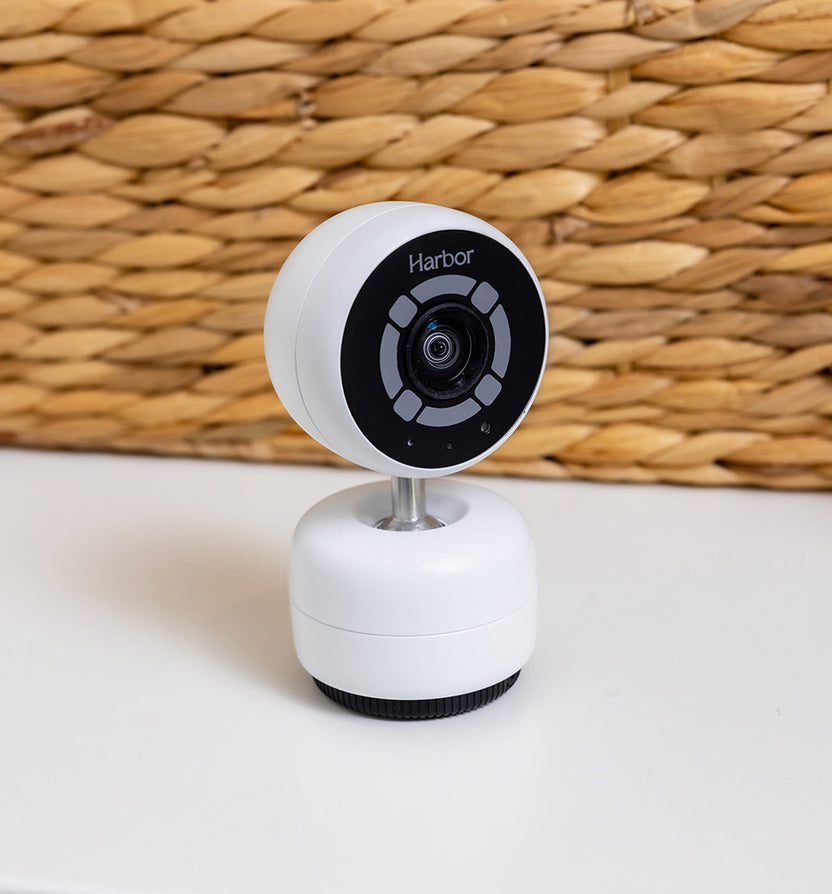
We’ve all been there—the dreaded moment when your baby wakes up too early, leaving you longing for a few more hours of precious sleep. Understanding why babies wake up early and implementing tactics that encourage them to sleep can help you and your little one get the shut-eye you need.
The science behind babies’ sleep cycles
During their first few months of life, your baby’s circadian rhythm will still be developing. Because of this, they’ll cycle through sleep phases more frequently. These sleep cycles fall into two main categories: active sleep and quiet sleep.
During quiet sleep, baby’s body and mind are resting deeply. Active sleep is when you’ll typically notice restlessness and easier wakings. Active sleep is akin to an immature form of Rapid Eye Movement (REM) sleep. This is when you’ll likely notice them stirring, making noise, or briefly waking up [3].
One of the main reasons babies tend to wake up early is that they spend more time in active sleep during the morning. Environmental factors like natural light entering their rooms, as well as internal changes, like lower melatonin and elevated cortisol, contribute to this phenomenon.
How to extend baby’s morning sleep
If your little one is consistently waking before 6–7 AM, consider applying the following changes to their routine to encourage them to sleep longer.
1. Consider an earlier bedtime
It might seem counterintuitive, but an overtired baby is more likely to wake up early. If your little one is over three months old and wakes up early, try shifting their bedtime between 6–6:30 PM.
2. Block out morning sunlight
Blackout curtains can keep baby’s room dark during the early morning hours, when the sun might otherwise rouse them.
3. Ensure they’re eating well
Feeding baby every 2.5–3 hours during their first 12 months can help them sleep for longer stretches at night.
4. Get sufficient daytime sleep
Proper daytime rest will prevent your little one from getting overtired. Maintain a consistent schedule, with ample time for naps and rest, to help them sleep for longer stretches at night.
5. Adjust their wake windows
Babies have different wake windows, or the amount of time they can stay awake between naps, according to their age. If baby’s first nap is too early in the day, they may have trouble sleeping through the night. According to Happiest Baby founder and pediatrician Dr. Harvey Karp, this is how long baby should be awake between naps [1]:
- Newborns: 45–60 minutes
- 1–2 months: 1–2 hours
- 3–4 months: 75 minutes–2.5 hours
- 5–7 months: 2–4 hours
- 8–10 months: 2.5–4.5 hours
- 11–14 months: 3–5 hours
- 15–24 months: 4–6 hours
6. Consider dropping a nap
As baby grows, their nap needs change. At the 4–6 month mark, they’ll typically transition to three structured naps per day. From 6–9 months, they’ll likely drop down to two naps. Between 12–18 months, you can expect them to only need one nap per day [2]. The solution to getting baby to sleep later may be cutting a nap from their daily routine.
Rest Easy With Harbor
Navigating ever-evolving sleep schedules can be challenging. Just when you think you’ve found a routine that works, baby’s needs change and you need to adapt accordingly. You don’t need to go at it alone, though. Harbor is here to support you and your little one in getting the rest you need at every step of the way.
-
https://www.happiestbaby.com/blogs/baby/wake-windows
-
https://brightestbeginning.com/when-to-drop-a-nap/
-
https://www.ncbi.nlm.nih.gov/pmc/articles/PMC2290006/




